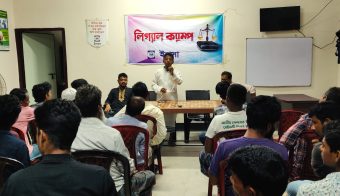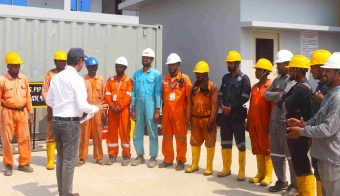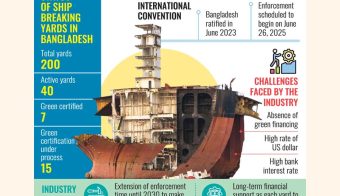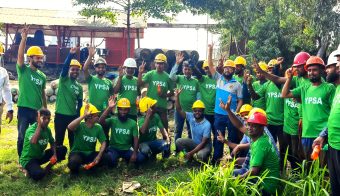Paralegal Camp: Empowering Workers Through Legal Awareness and Rights Education

In the shipbreaking industry, many workers are unaware of their legal rights and fair wage entitlements. Frequently, workers face illegal layoffs, low wages, and unprofessional treatment in the yards. Workers often perform their tasks without understanding the terms of their labor, such as working hours, entitlements to fair wages, and …Read More




